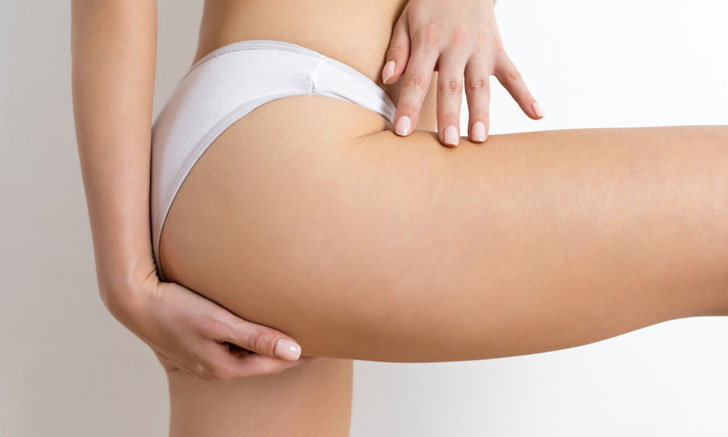
What Causes Acne?
What Causes Acne?
Your skin has tiny holes called pores that can become blocked by oil, bacteria, dead skin cells, and dirt. When this occurs, you may develop a pimple or “zit.” If your skin is repeatedly affected by this condition, you may have acne.
Acne that appears on your face can affect your self-esteem and, over time, may cause permanent physical scarring.
There are many effective treatments for acne that reduce both the number of pimples you get and your chance of scarring.
What are the symptoms of acne?
Acne can be found almost anywhere on your body. It most commonly develops on your face, back, neck, chest, and shoulders.
If you have acne, you’ll typically notice pimples that are white or black. Both blackheads and whiteheads are known as comedones.
Blackheads open at the surface of your skin, giving them a black appearance because of oxygen in the air. Whiteheads are closed just under the surface of your skin, giving them a white appearance.
While whiteheads and blackheads are the most common lesions seen in acne, other types can also occur. Inflammatory lesions are more likely to cause scarring of your skin. These include:
Acne occurs when the pores of your skin become blocked with oil, dead skin, or bacteria.
Each pore of your skin is the opening to a follicle. The follicle is made up of a hair and a sebaceous (oil) gland.
The oil gland releases sebum (oil), which travels up the hair, out of the pore, and onto your skin. The sebum keeps your skin lubricated and soft.
One or more problems in this lubrication process can cause acne. It can occur when:
These problems contribute to the development of pimples. A pimple appears when bacteria grows in a clogged pore and the oil is unable to escape.




